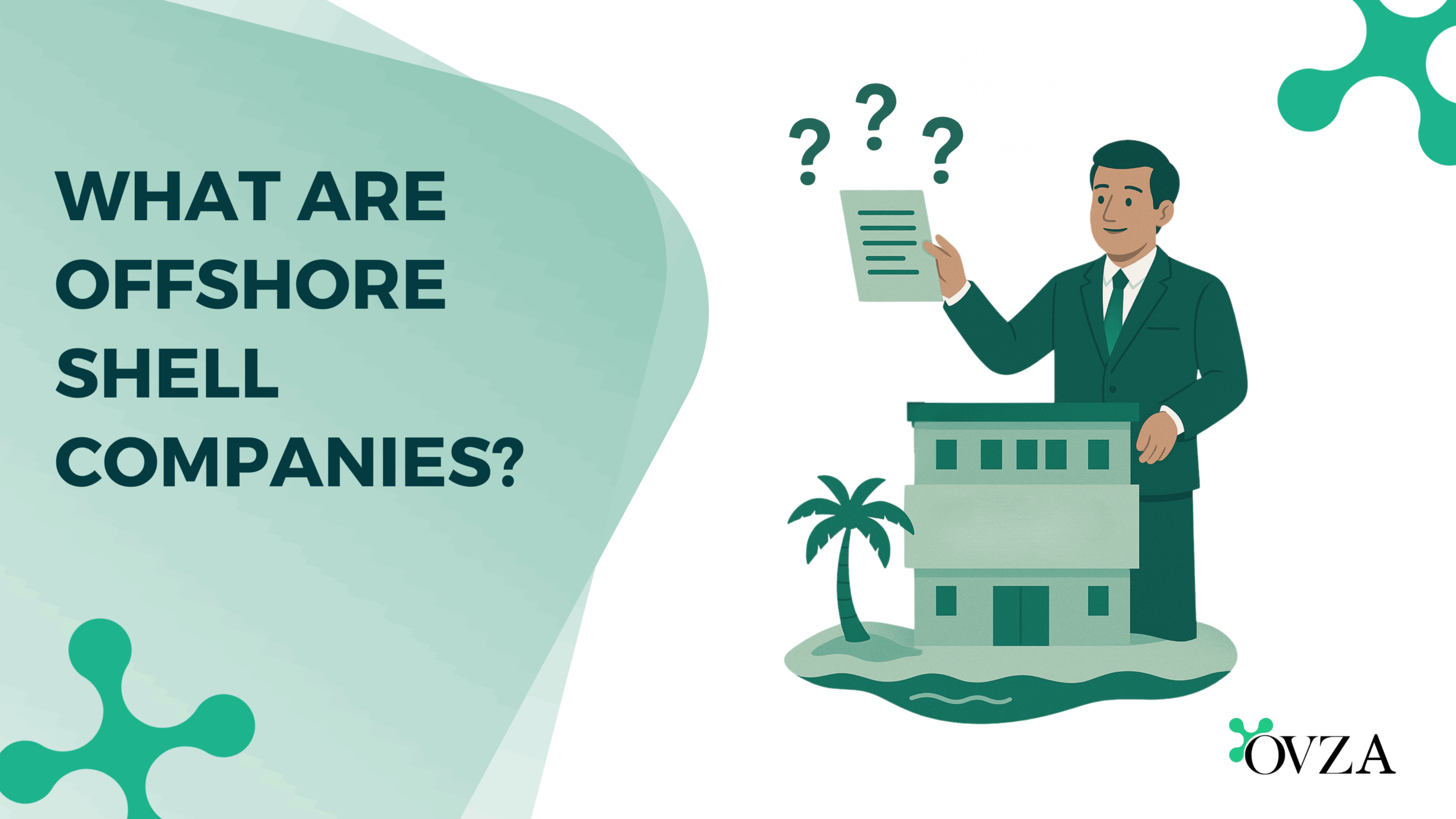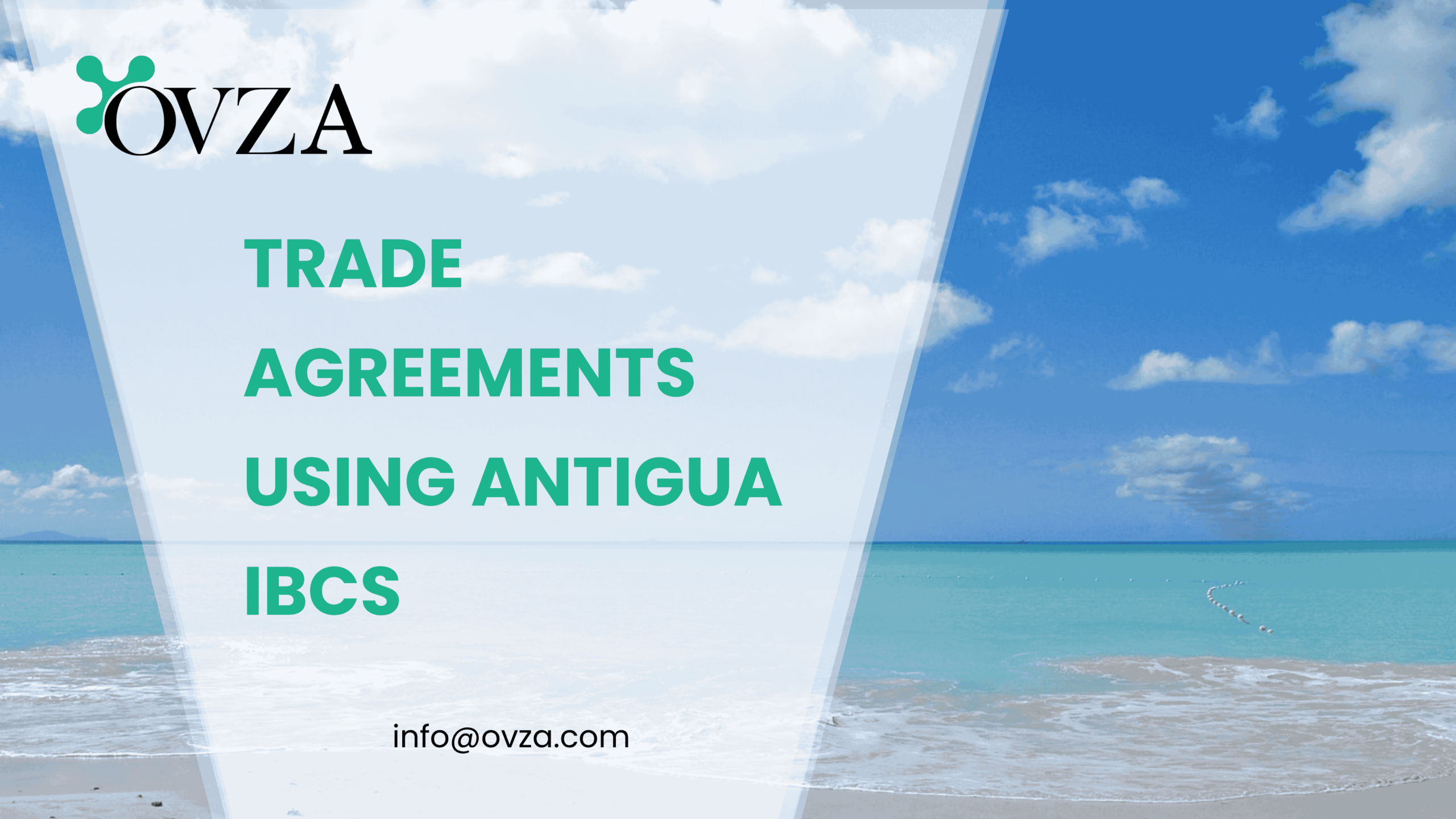What are offshore shell companies? They’re a widely used term, often misunderstood and associated with secrecy, but they require legal clarity—not speculation. In short, offshore shell companies are entities incorporated in foreign jurisdictions with limited or no operational presence, typically used to hold assets, facilitate transactions, or serve administrative functions. Whether their use is legal or illegal depends entirely on the structure’s transparency, compliance, and purpose.
Understanding what is an offshore shell company involves examining its legal nature, the jurisdictions where it is formed, and the way global regulators treat such entities. These companies can serve legitimate international business goals, but they can also be misused when deployed improperly.
The Purpose of Offshore Shell Companies
To understand what are offshore shell companies from a legal standpoint, we must begin with how they are structured. A shell company, by informal definition, is an entity that exists without significant business activity or employees. It typically does not produce goods or services, but it is nonetheless a fully recognized legal entity under corporate law. When such a company is established in a jurisdiction outside the owner’s country of residence—particularly in an offshore financial center—it becomes an offshore shell company.
These structures are commonly used in cross-border investment, global estate planning, and asset protection. An offshore shell company can hold intellectual property rights, act as a parent company for multiple subsidiaries, or serve as a vehicle for acquiring and consolidating shares. It can also simplify estate transfers across borders, provide legal separation between the owner and the assets, and facilitate royalty and licensing payments with tax efficiency when structured properly.
The legality of such entities is not in question. What matters is whether the owner complies with all disclosure and reporting obligations in both the home country and the jurisdiction where the company is formed. What is an offshore shell company, therefore, is best understood as a tool—lawful when used transparently, risky when used to obscure ownership or misrepresent economic activity.
A legally sound offshore shell company will have properly filed corporate documents, a known beneficial owner, and accounting records sufficient to demonstrate its financial activity. It may even maintain contractual relationships or bank accounts, but it will not engage in operational business in its jurisdiction of incorporation. That distinction—between administrative/legal purpose and operational presence—is what separates a shell from a traditional commercial entity.
Misuse and Emerging Legal Risk
Though legally valid, offshore shell companies are frequently associated with abusive practices, particularly when structured to avoid detection by regulatory authorities. Misuse occurs when these entities are used to conceal beneficial ownership, move money across borders without disclosure, or disguise the true source of funds. In such cases, the company may still appear legitimate on paper, but its real-world function violates anti-money laundering (AML), tax, or financial disclosure laws.
The question then becomes not just what is an offshore shell company, but what makes one cross the line into illegality. The answer lies in the underlying intent and the legal obligations ignored. For example, if the owner of the offshore entity fails to declare the company’s existence on personal tax filings, or uses it to disguise income flows, the company becomes part of a tax evasion strategy rather than a legitimate international structure.
Legal systems around the world are increasingly coordinated in their response to such misuse. Investigations and prosecutions now often span multiple jurisdictions, especially under frameworks like the OECD’s Common Reporting Standard (CRS) or the U.S. Foreign Account Tax Compliance Act (FATCA). Offshore shell companies that lack transparency or are connected to high-risk individuals or industries can trigger enhanced due diligence by banks and regulators, limiting access to financial services and increasing exposure to enforcement action.
These developments have changed the landscape for international structuring. Entities once formed with minimal oversight are now expected to meet international standards for transparency, economic substance, and legal reporting. Owners who fail to adapt risk more than just financial loss—they may face legal and reputational consequences that affect their entire portfolio.
Global Compliance Trends and Regulatory Evolution
In recent years, the international community has introduced a series of initiatives aimed at increasing transparency and reducing the potential for offshore misuse. These efforts have fundamentally changed how we understand what are offshore shell companies and what legal standards now govern them. At the forefront of these reforms are mechanisms such as the OECD’s CRS, FATCA (which targets U.S. taxpayers with offshore interests), and the EU’s economic substance directives.
The effect of these instruments has been significant. Offshore financial centers are no longer passive jurisdictions offering secrecy and exemption; instead, they are becoming active participants in global information exchange. What is an offshore shell company today must be assessed not only by its structural features but by whether it meets disclosure, reporting, and substance obligations across all relevant jurisdictions. These changes have prompted a fundamental shift in how financial institutions, legal advisors, and incorporation agents approach compliance.
International banks, in particular, have taken on a gatekeeping role. Many now impose their own enhanced due diligence procedures on offshore clients. Accounts held by offshore entities must show legitimate business purpose, clear source of funds, and active compliance with tax laws. Where once a shell company might have opened a bank account with little more than articles of incorporation, today it must pass a multi-layered screening process involving background checks on the beneficial owner, expected transactional behavior, and periodic reviews. Financial institutions are well aware of the reputational and regulatory risks involved in servicing high-risk entities.
Responsible Structuring in the Offshore Space
Despite the heightened scrutiny, offshore shell companies remain useful and legally valid when structured and operated responsibly. The critical distinction lies in transparency. A legitimate shell company will have a clearly identified beneficial owner, cooperate with financial institutions, comply with both local and international tax laws, and serve a defined, lawful purpose—whether that is holding investments, facilitating international trade, or managing intellectual property.
Professionals advising clients on offshore structuring now place significant emphasis on documentation, clarity of ownership, tax compliance, and substance—sometimes requiring office leasing, staff outsourcing, or real management control in the jurisdiction of incorporation. These measures are not mere formalities; they are the legal thresholds for sustaining a compliant offshore strategy in 2025 and beyond.
Understanding what are offshore shell companies in today’s regulatory environment requires abandoning outdated assumptions and focusing instead on legal function and governance. While headlines often conflate all offshore structures with secrecy or abuse, the law makes finer distinctions. A shell company is neither inherently illegal nor inherently abusive; it is a legal structure whose risk level is determined by how transparently it is used and how carefully it is maintained within the global legal framework.
Conclusion
In summary, what is an offshore shell company is a legally incorporated entity, often used for administrative or financial purposes, that may or may not have physical operations in the jurisdiction where it is registered. When used for lawful, disclosed, and well-documented purposes, such a company can be an effective international tool. When used to obscure, evade, or mislead, it becomes a liability.
The future of offshore structuring will not be defined by secrecy, but by integrity and compliance. Those who treat offshore shell companies as legitimate, reportable, and well-governed legal entities will continue to benefit from their strategic advantages—without stepping outside the law.
Disclaimer: The information provided on this website is intended for general reference and educational purposes only. While OVZA makes every effort to ensure accuracy and timeliness, the content should not be considered legal, financial, or tax advice.










